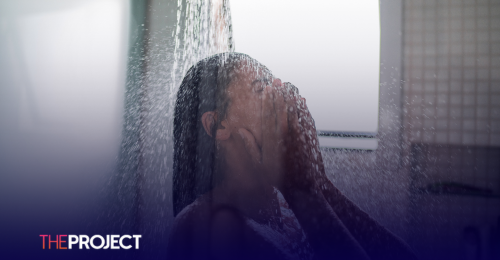According to Primrose Freestone, a Senior Lecturer in Clinical Microbiology at the University of Leicester, there is a “clear answer” when it comes to this age-old debate.
“As a microbiologist, I am a day-shower advocate,” Dr. Freestone explained in an article for The Conversation.
“Showering is an integral part of any good hygiene routine — regardless of when you prefer to have one.”
“Showering helps us remove dirt and oil from our skin, which can help prevent skin rashes and infections.
“Showering also removes sweat, which can quell body odour.”
For bedtime bathers, the argument is that rinsing off before bed helps remove all that buildup before it ends up on your sheets.
But Freestone warned that you’ll still sweat overnight. “Showering at night may remove some of the allergens, sweat, and oil picked up during the day, so less ends up on your bedsheets,” she said.
“However, even if you've freshly showered before bed, you will still sweat during the night — whatever the temperature is.
“Your skin microbes will then eat the nutrients in that sweat.
“This means that by the morning, you'll have both deposited microbes onto your bed sheets, and you'll probably also wake up with some BO.”
As for morning showers?
“A morning shower suggests your body will be cleaner of night-acquired skin microbes when putting on fresh clothes,” Freestone wrote.
“You’ll also start the day with less sweat for odour-producing bacteria to feed on, which will probably help you smell fresher for longer during the day compared to someone who showered at night,” she added.





























